"CyberHoot's cyber awareness training is a game-changer for businesses looking to build a strong security culture."

Secure your business with CyberHoot Today!!! Sign Up Now Assembly Language is the most basic...
Read more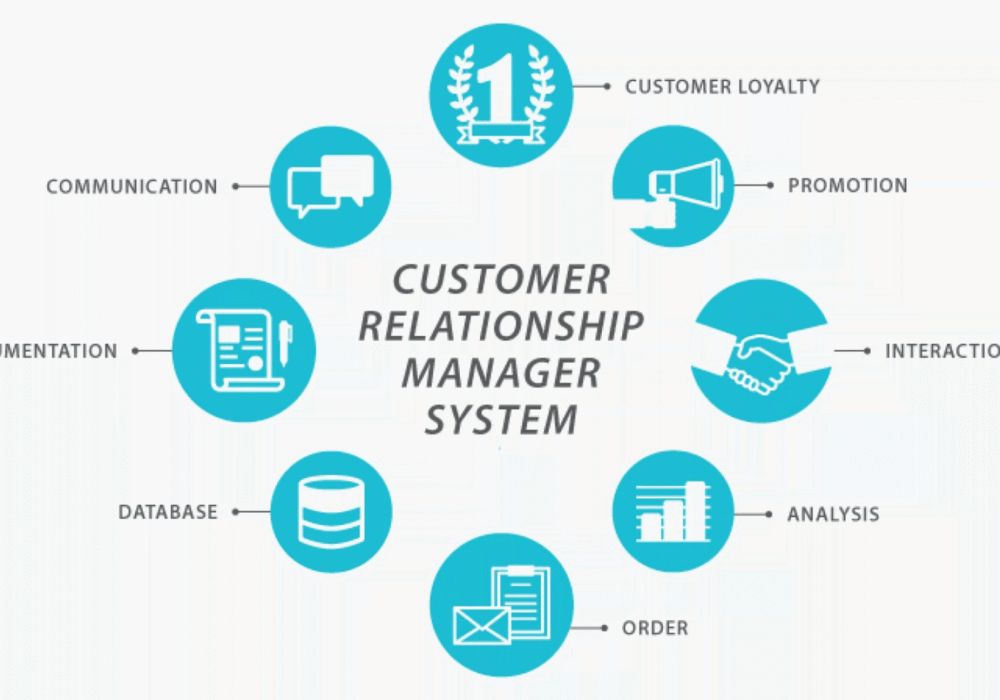
Secure your business with CyberHoot Today!!! Sign Up Now Customer Relationship Management (CRM) is a...
Read more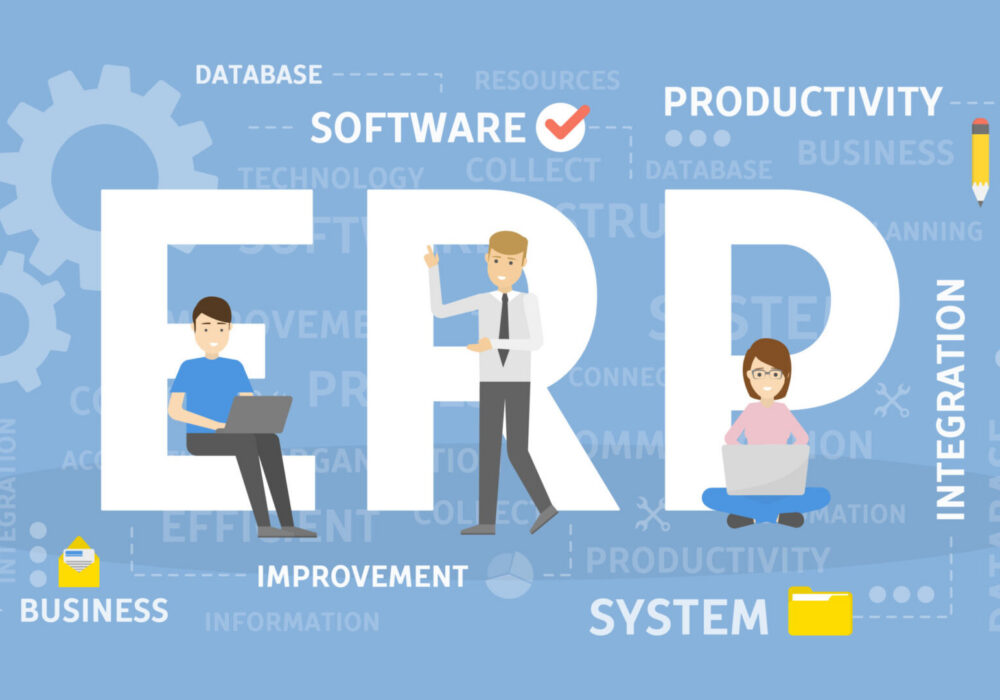
Secure your business with CyberHoot Today!!! Sign Up Now Enterprise Resource Planning (ERP) is a...
Read more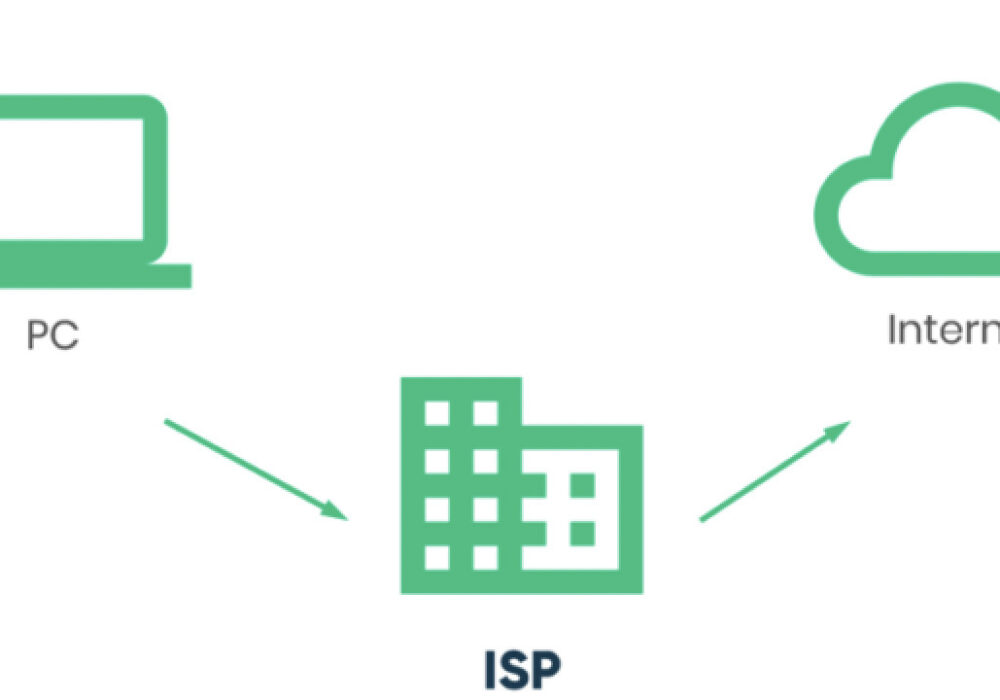
Secure your business with CyberHoot Today!!! Sign Up Now An Internet...
Read more
Secure your business with CyberHoot Today!!! Sign Up Now An Emergency Data Request (EDR) is a...
Read more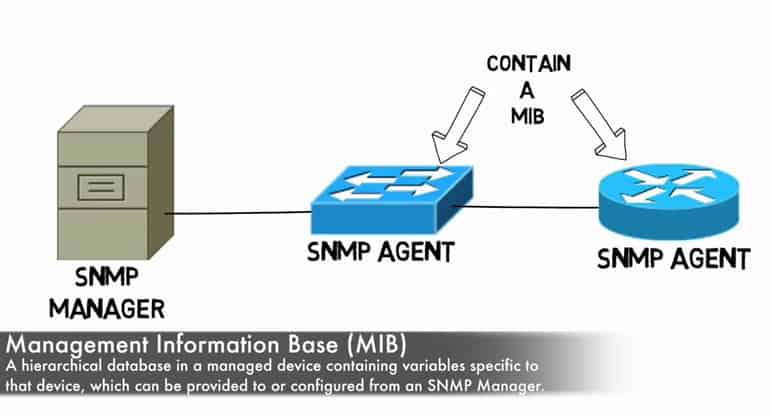
Secure your business with CyberHoot Today!!! Sign Up Now A Management Information Base...
Read more
Secure your business with CyberHoot Today!!! Sign Up Now A Network Management System (NMS) is an...
Read more
Secure your business with CyberHoot Today!!! Sign Up Now A Self Assessment Questionnaire...
Read more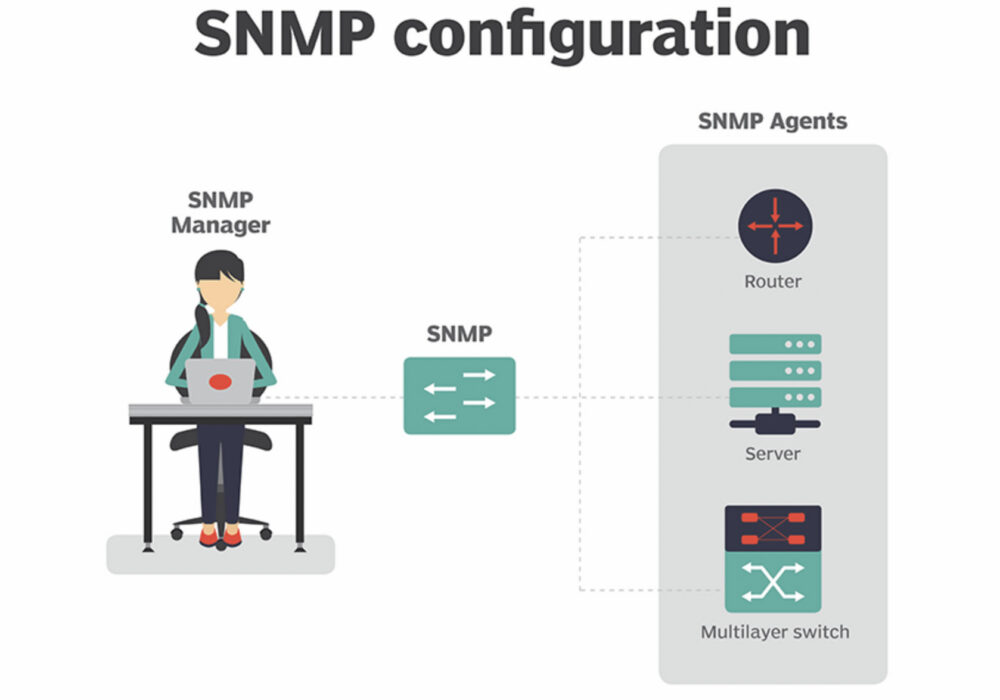
Secure your business with CyberHoot Today!!! Sign Up Now Simple Network Management Protocol...
Read more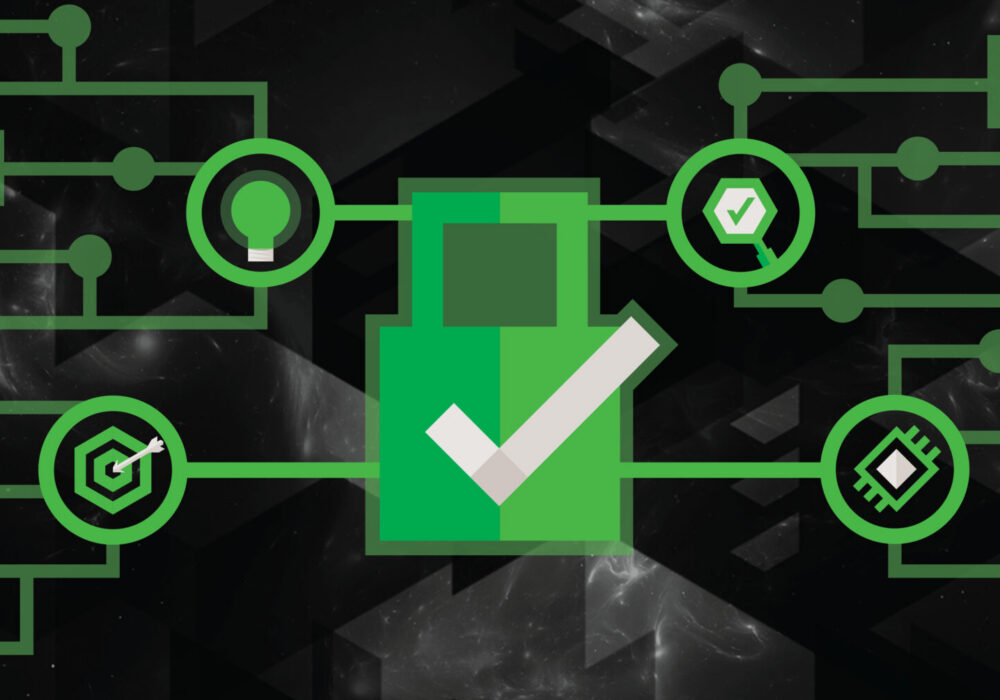
Secure your business with CyberHoot Today!!! Sign Up Now An Error correction code (ECC) checks read...
Read moreGet sharper eyes on human risks, with the positive approach that beats traditional phish testing.
